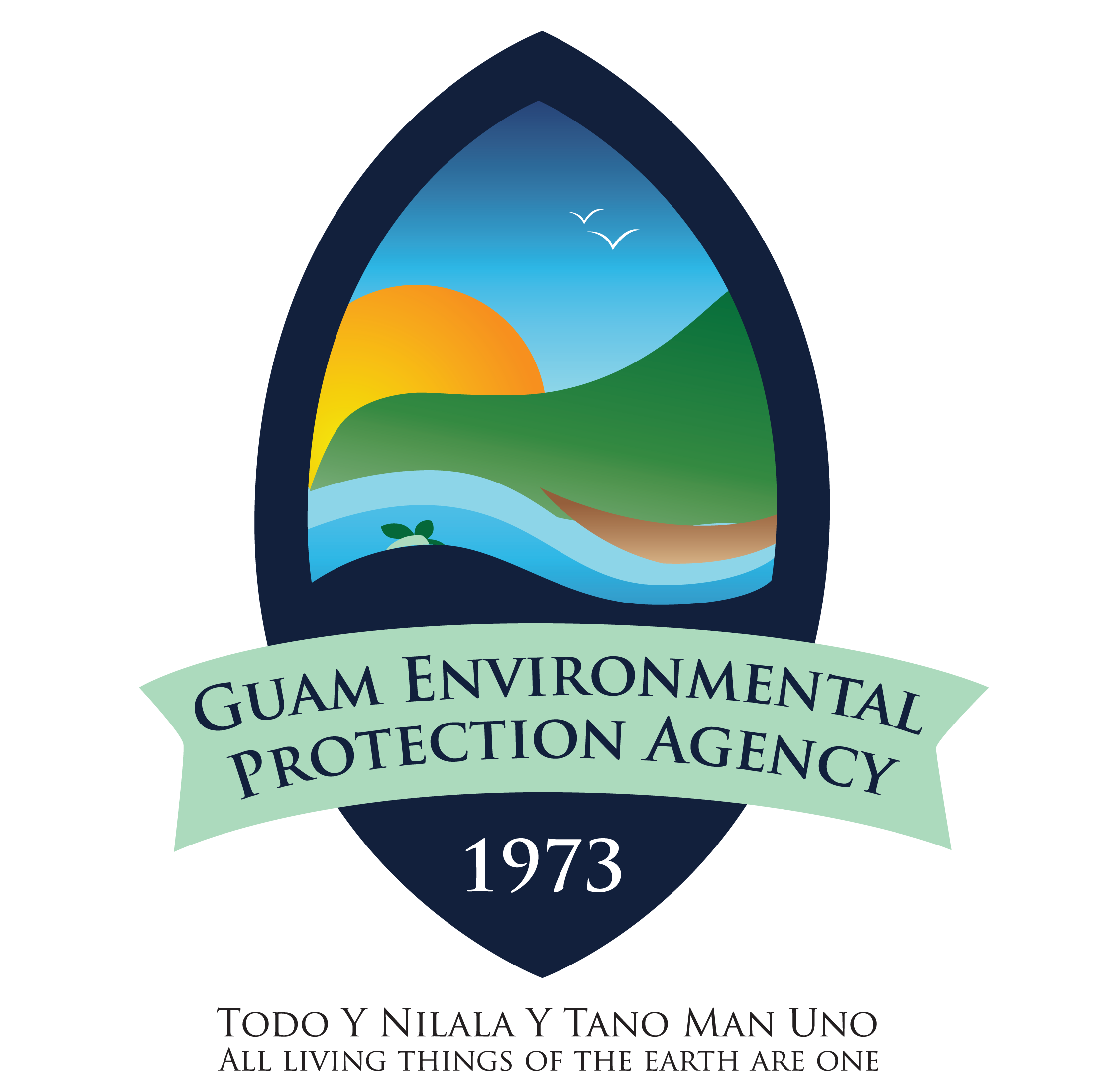Forms for Permits regarding Water
| Complete Permit Name | Short Name | |
| Water and Wastewater Operators Exam | Get Form | |
| Section 401 Water Quality Cert. Application 401A | Form 401A | Get form |
| Section 401 Water Quality Cert. Application 401B | Form 401B | Get form |
| Section 401 Water Quality Cert. Application 401C | Form 401C | Get form |
| Underground Injection Control Permit Application | UIC Permit App | Get form |
| Test Boring Application | Get form | |
| Application for Well Drilling Permit | Get form | |
| Application for Well Operating Permit | Get form |
Information about Specific Permits
Underground Injection Control (UIC)
Public utility agencies or private parties may be issued Underground Injection Control (UIC) Permits when all other methods of storm water or treated wastewater disposal have been investigated and will not work. This permit involves the disposal of wastewater at a considerable distance below the ground surface either by gravity or mechanically applied pressure. In areas where land surface disposal opportunities are extemely limited or where wastewater volumes are high the Agency may consider underground injection as a viable alternative; however, this disposal method requires a higher burden of justification and typically is issued with very strict pretreatment and/or monitoring requirements for the life of the injection well. Permits may be issued in approximately 60 days or longer depending on the complexity of the injection proposal.
Test Boring and Dewatering Permits
Those conducting soil test boring and measurement activities may be required to obtain a Test Boring Permit from Guam EPA. Test boring activities include drilling and excavations deeper than six feet deep for a number of soil and structural engineering analysis work. If the water table is reached during excavation work for building foundations and similar construction activities, a Dewatering Permit may be required to control and treat water pumped from an excavation prior to final discharge. Both the test boring and dewatering permit approvals may be a sub-component of a site clearing and grading or building permit request. For exploratory purposes, the approval of these permits will be accomplished separately.
Well Drilling and Operating Permits
Water well development is divided into two permitted parts or phases, well drilling and well operating. Both drilling and operating permits may be issued for private well development for potable consumption, agriculture, commercial, industrial and to a limited extent, landscaping irrigation uses. Both phases require permits from Guam EPA. The first type of permit is a Well Drilling Permit for exploratory and development work. The second is a Well Operating Permit for actual production and use of water resources. Most well drilling permits are issued to utility contractors and exploratory procedures, record keeping and pumping tests must be submitted to the Agency. Initial evaluations are conducted for the proposed drilling location based on historical records from previous drilling activities and on water resource and aquifer management studies. The Well Operating Permit is necessary to establish operating conditions such as allowable pumping rates, infrastructure requirements, long term monitoring and inspections.
The drilling permit fee is fixed at $250.00 per exploratory well. In addition to the initial or renewal fee of $250.00, an annual well operating fee ranges from $200.00 to $800.00 is assessed based upon the maximum pumping rate authorized, as stipulated in the operating permit.
Requirements for federal projects – All federal projects proposed over the Northern Aquifer, Guam’s Principal Source Aquifer, are subject to an Aquifer Protection Review. This review process is provides a heightened level of scrutiny for potential direct or indirect impacts to groundwater. Developers may be required to submit detailed site plans, plumbing plans, engineering studies and calculations to support actions in addition to the standard permit requirements.
Water and Wastewater Operator’s Examination
Water Operator’s Examinations are required for individuals who work in water treatment and production for potable water systems. Satisfactory completion of the Guam EPA administered examination by water system operators is required for both public and privately owned community systems to insure that operators possess the minimum knowledge and qualification necessary to operate and maintain clean water systems free of disease and chemical pollution in accordance with the Safe Drinking Water Act and regulations. Examinations are administered by Guam EPA.
Successful completion of the Wastewater Operators Examination is required for individuals who work in wastewater treatment facilities. These include public and private sewage treatment plants. Operator must have the basic knowledge and qualification to properly operate plant equipment and in particular, the ability to identify problems in the treatment process and to implement appropriate remedies as well as conduct normal maintenance procedures. This certification is critically important in order to ensure that discharges meet federal and local permit requirements. Examinations are conducted by Guam EPA.
Water Quality Monitoring
Water Quality Monitoring Plans (WQMPs) may be required to evaluate the effectiveness of environmental permits and/or compliance with performance standards. Water quality monitoring is a standards requirement for all industrial point source discharges, municipal wastewater treatment plant discharges, thermal discharges, marine and underwater construction activities, aquiculture effluent discharges, and mass clearing and grading projects such as golf course construction, among others.
Monitoring plans are formulated to identify ambient or control conditions at a particular site and to capture deviations from those conditions resulting from a project or operations of a facility. WQMPs may range from visual inspections for sedimentation and protection measure failure to laboratory or field analysis of chemical and biological effects on water quality or organisms (acute/chronic bioassay). The type of inspection depends on the activity and water source. WQMPs always include procedures for reporting results and observations to Guam EPA and provisions for corrective actions.
Spill Prevention Control and Counter Measure (SPCC)
Public and private business organizations must comply with regulations requiring secondary containment areas if they store or use a minimum of 660 gallons of hazardous or petroleum products or wastes as a single above ground stored quantity or 1320 gallons if stored in multiple above ground containers. The Spill Prevention Control and Countermeasure (SPCC) requirements are designed to prevent all manner of spillage from contaminating surface and ground waters as well as soil in and around a storage area which may lead to future environmental contamination. Although the above regulated quantities trigger management action, the Agency’s Water Pollution Control Program will investigate and require remedial containment action in the event smaller quantity spills occur. Individual performance in the proper storage, use and disposal of hazardous and petroleum material is the best indication of the need for additional management measures. All facilities subject to SPCC requirements must develop a SPCC Plan identifying prevention procedures, methods, and equipment necessary to address operational spill prevention and countermeasures. The SPCC Plan and system must be approved by Guam EPA. The program is implemented through concurrent permit and plan reviews as well as periodic inspections of all known facilities. SPCC requirements may be identified and addressed concurrently though other permits issued or reviewed by the Agency.
Links to Guam EPA laws
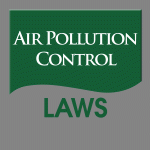 |
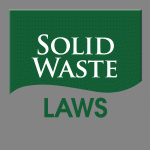 |
 |
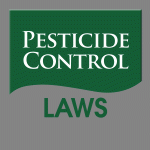 |
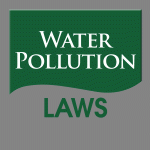 |
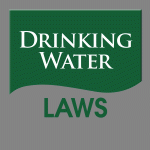 |
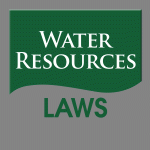 |
Links to Guam EPA regulations
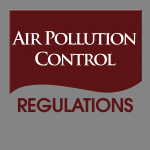 |
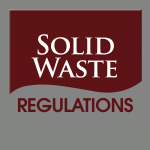 |
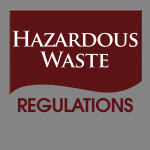 |
 |
 |
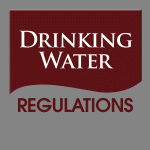 |
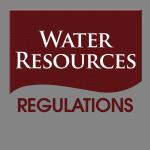 |
Links to Guam EPA permits
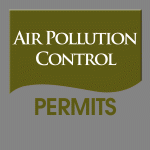 |
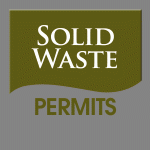 |
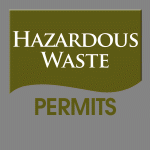 |
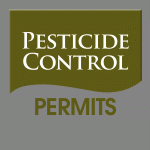 |
 |
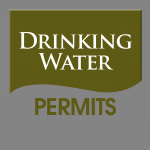 |
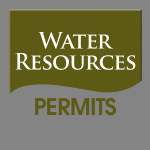 |
